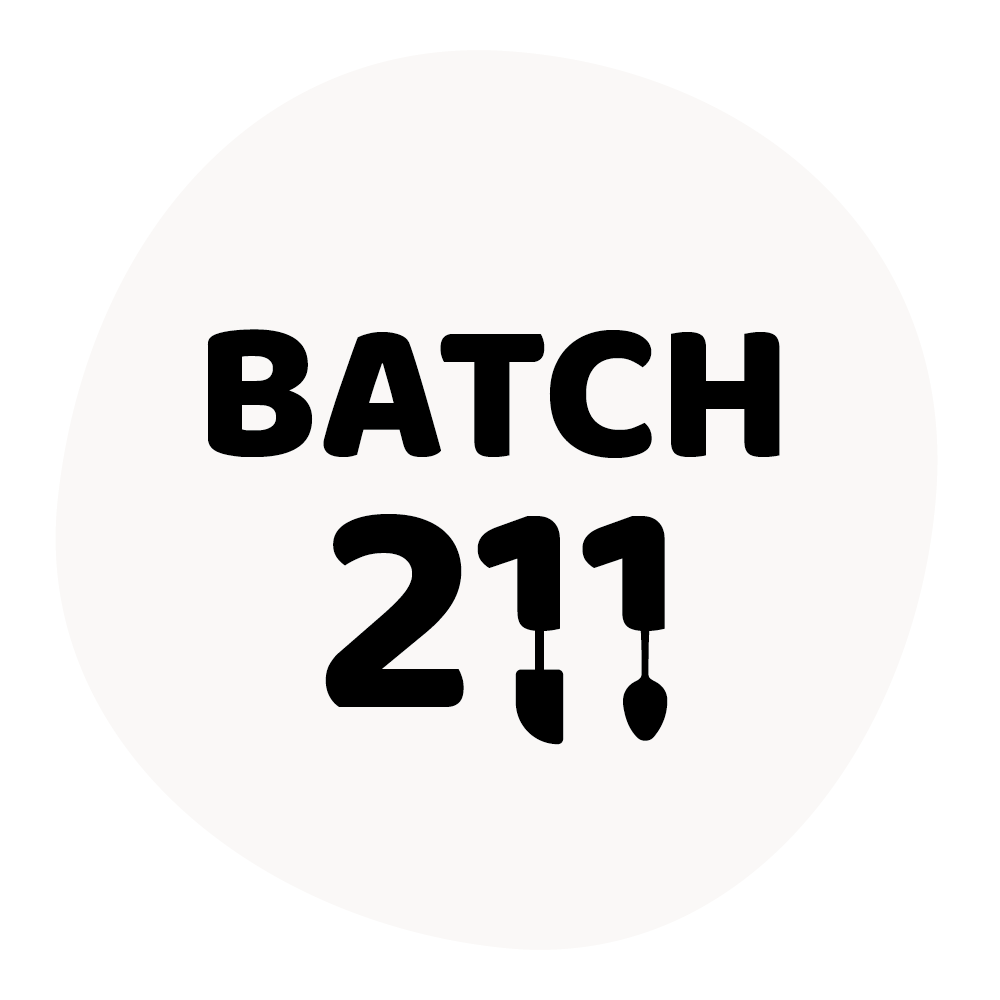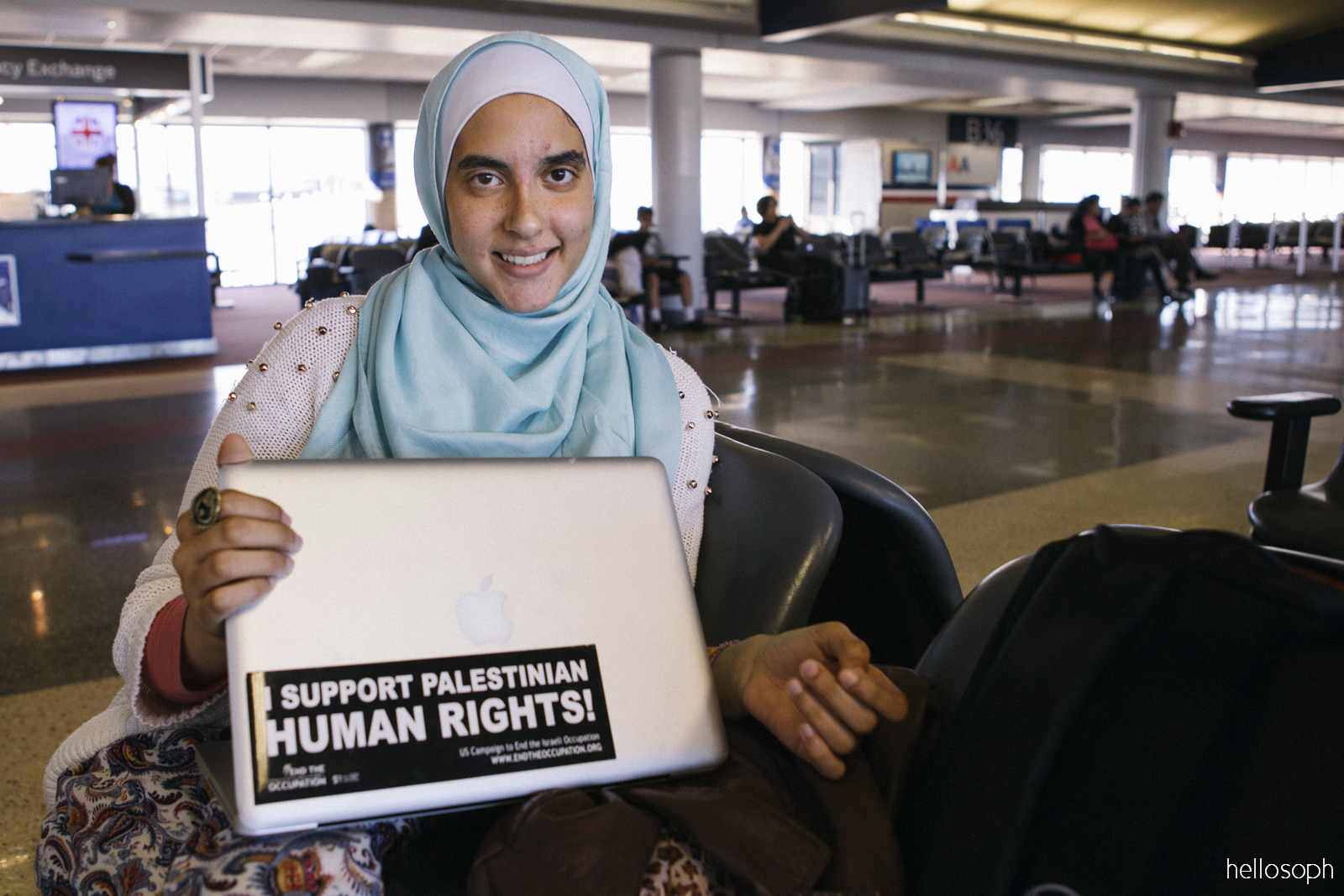“I’m a Palestinian. I live in Jordan. I’m a Muslim. I study at Williams College. It’s in western Massachusetts. I’m a religion and history double major, and a Jewish studies concentration. I actually saw what classes I had taken and what major they added up to. I really had no idea what I wanted, so I just thought what fit with what I was doing and declared it. Just those classes popped up at me. I’m just interested in exploring different concepts of religion: my religion, other religions. And then, history, so because I’m Palestinian, history is such a big part of where I come from and what I am, and how that affects people. So I think that’s what got me interested in history. I’m trying to go to UC Berkeley for my study abroad – my study away.
Jordan is right next to Palestine. It has a lot of Palestinians. I’m a third generation refugee, and there’s a lot of people like that in Jordan. It’s a pretty stable country in the Middle East with all the chaos that’s happening. A lot of refugees go to Jordan for shelter and stuff. We’re still a monarchy. It has great food. It’s just variations of rice. Just really good spices and stuff. And sweets are really good. I don’t know any of the English terms for the food, unfortunately, but it’s mostly like variations of rice, and very sweet, honey-based desserts. People are really hospitable, and sweet, and nice. It’s like, I can’t wait to get home. I’m on my way home right now.
So I guess growing up hearing the stories of displacement, and the fact that it’s not something that has ended – but it’s still happening, and the urge to sort of set things straight and end the occupation of Palestine is what makes me Palestinian – what makes me feel like that. And my grandfather always told us stories of Palestine and what was happening. So I think that’s – and there’s definitely culture in there – but I think a lot of the cultures just mix between the Arab countries. So I don’t know if culture is the main thing. I think it’s mostly the idea of displacement and the urge to sort of go back to a home that I haven’t even seen.
I think of home as Palestine, not Jordan. In 1948, my grandfather was five years old, and they lived in Jerusalem. And so that was around the time families were forced to leave. His family fled to Lebanon, which is where he grew up. And because they were Palestinian refugees, it was like really hard to get accepted into universities and stuff. Most people just left everything back home. Nobody – like their jobs and everything was sort of gone. And so he decided he wanted to be a doctor, and he was set on that. So he went to the American university in Beirut. And he always tells us the different things that happened in university, and how often he was treated differently because he was Palestinian, because he was a refugee, just the different class system and all these things that come with that.
And after he graduated, he wasn’t allowed to practice in Lebanon because as a refugee, you can’t – you have like no rights whatsoever. And so that’s why he moved to the US. So he went to med school at American university. They lived here for about ten years. And then they relocated to Jordan, which is why we live in Jordan now. So I guess that’s the main story.
[My future]’s all kind of up in the air. I think I’m basing a lot of it off of this summer and next year. I’m going to Chile this summer to do research on Palestinians. It has the largest Palestinian population outside Jordan and Lebanon. I don’t speak Spanish, so that’ll be a challenge. Depending on the work I do there, I’m thinking of going to law school. I’m thinking of being a human rights lawyer and sort of work with Palestinians and their trials, whether they live in Palestine or abroad.
I’m the President of Students for Justice in Palestine at my school, which is a national organization with different groups and schools. These are some of the stickers we got from a conference, and we distributed them at school at a concert we had for Awareness. Students for Justice in Palestine I think started about a decade ago. And it was just sort of a group to raise awareness on campuses about Palestine and the occupation. And so at Williams, the school that I go to, is very passive. There isn’t very much activism, and there’s a lot of people who are supporters of the occupation. So it’s usually hard to do something active there. And there’s a lot of push back against it. So it’s been like a slow process, but it’s gaining more publicity.
This year, I organized with the Latino organization, and we sort of built a mock wall to represent the US/Mexico border and the Israel/Palestine wall, because they were both built by the same company. And so that was great, because it was like a 50 foot long wall, 10 feet high. We put it like straight in the middle of campus. So that was really cool to see how people reacted, got people very annoyed and stuff.
So I think the organization is like working, and it’s a really great way for me to feel involved on campus, and for me to feel like I fit somewhere in campus. Like there’s a space for me to express myself amidst all these oppositions. I think the biggest challenge is when people see it as ‘Oh, you’re Palestinian so you should care, but we have nothing to do with it, so why should we care?’ So I think the biggest challenge is getting people to understand how they actually play a role in what’s happening. And how their money, their tax dollars, or what they choose to buy can actually be directly affecting people in Palestine. I think that’s the biggest challenge – getting people to understand why they are involved.
I think my studies have made me think about how, a lot of the times, when you’re personally invested in something, it can take away from the credibility of what you have to say. So sometimes, you have to be sort of objective even when it doesn’t seem fair that you have to be. Sometimes, you can’t show your emotions or your personal side in some discourse, because that’s the only way people will take what you have to say. I’m like learning to balance it out.”
Excerpt may be edited for clarity.

